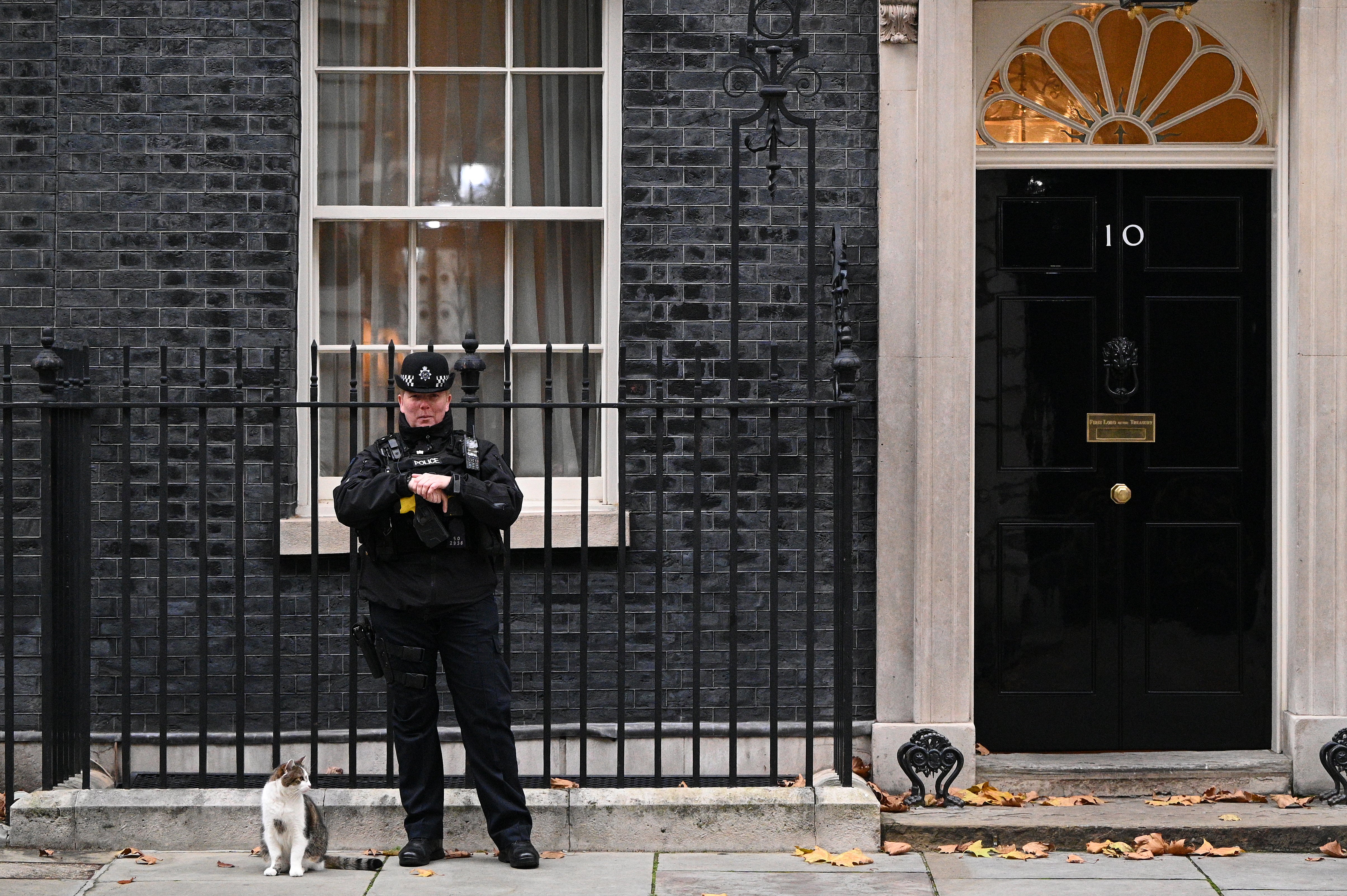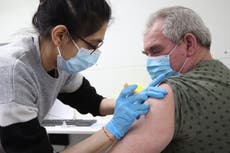‘Are we nearly there yet?’ What journalists ask No 10 spokespeople
Media representatives are constantly demanding dates, targets and certainty from a government that is reluctant to commit itself, writes John Rentoul


The daily briefing of political journalists by the prime minister’s spokespeople, these days, is a bit like the back seat of a car on a long journey. Many of the questions are versions of: “Are we nearly there yet?” When will over-50s be vaccinated? When will the rest of the population get it? When will airport hotel quarantine start? When will schools, universities, swimming pools and pubs be opened?
And many of the answers are equivalent to: “Soon.” The Downing Street communications operation has become less hostile and divisive in its approach to journalists since the departure of Dominic Cummings. We are no longer treated as the enemy. But that doesn’t mean that No 10 is much more forthcoming than before.
The other big change in recent weeks is that Boris Johnson has finally switched from over-promising to trying to over-deliver. That means trying to manage expectations downwards, which the system is not always good at.
The only target the government wanted to be tied to was 15 February for offering first doses to the first four priority groups (over 70s, health and care workers and the clinically extremely vulnerable). But, being a government, it has a number of working assumptions to allow it to plan, and this week some of them were disclosed by mistake.
That resulted in a double U-turn, a Z-turn, during the spokesperson’s briefing on Friday. Journalists pointed out that a press release issued by the cabinet office announcing that the 6 May local elections would go ahead in England said: “The UK’s vaccination programme is planned to have reached all nine priority cohorts by May.”
Other parts of the government had obviously not wanted to commit to that target in public yet, and the No 10 spokesperson said that the notice had been issued in error, and that this was not the policy; then, a few minutes later, that it was right and it was the policy.
Thank goodness, from the government’s point of view, that these briefings are not yet televised (we missed a trick there: someone should have asked when those postponed televised briefings are expected to begin).
No doubt officials and politicians find it trying to have journalists constantly demanding certainty and dates and targets, about a virus and a series of responses to it that are hard to predict. Perhaps the simplest approach would be not to try to manage expectations in either direction but to be open about what the assumptions are and to make clear that they cannot be guaranteed.
Yours,
John Rentoul
Chief political commentator
Join our commenting forum
Join thought-provoking conversations, follow other Independent readers and see their replies
Comments


Bookmark popover
Removed from bookmarks